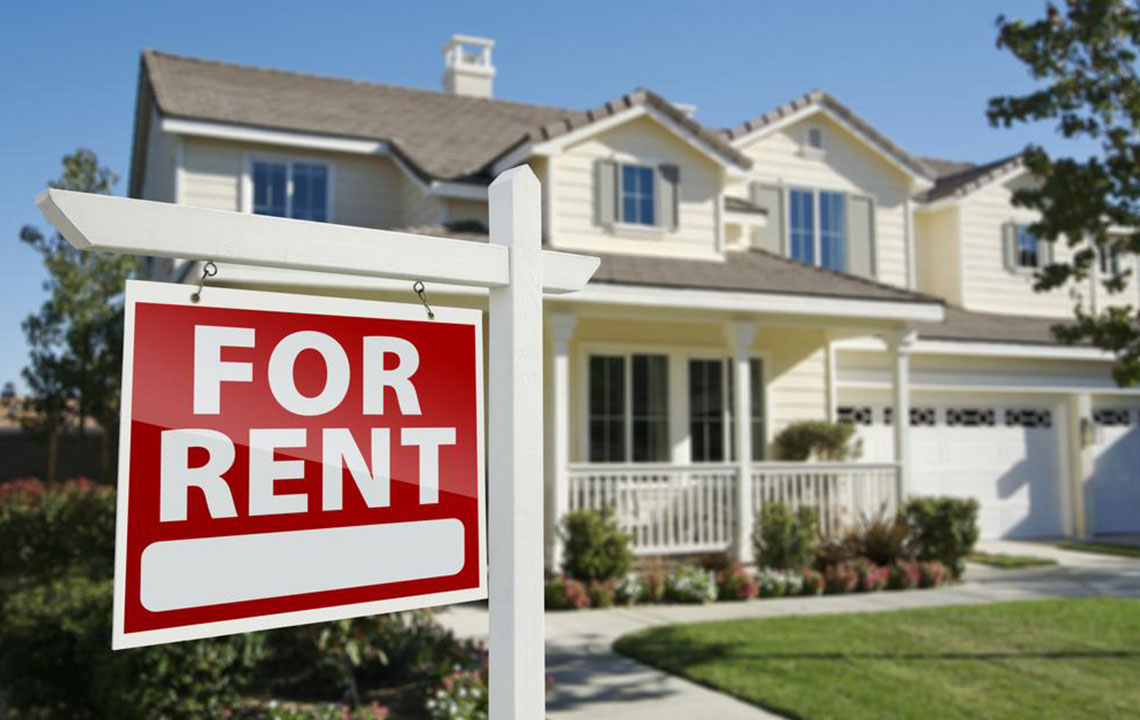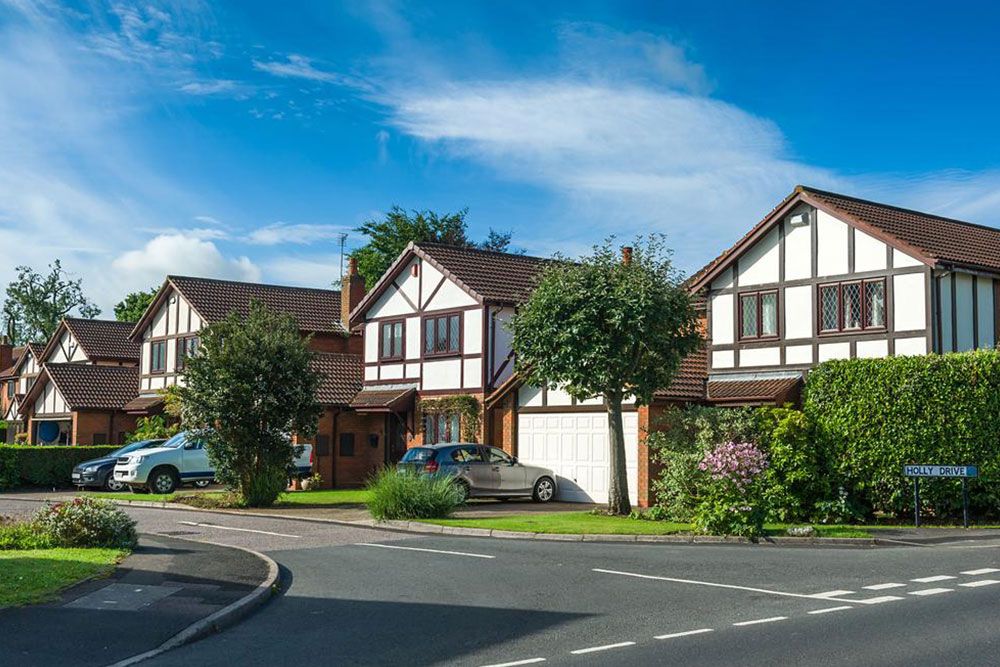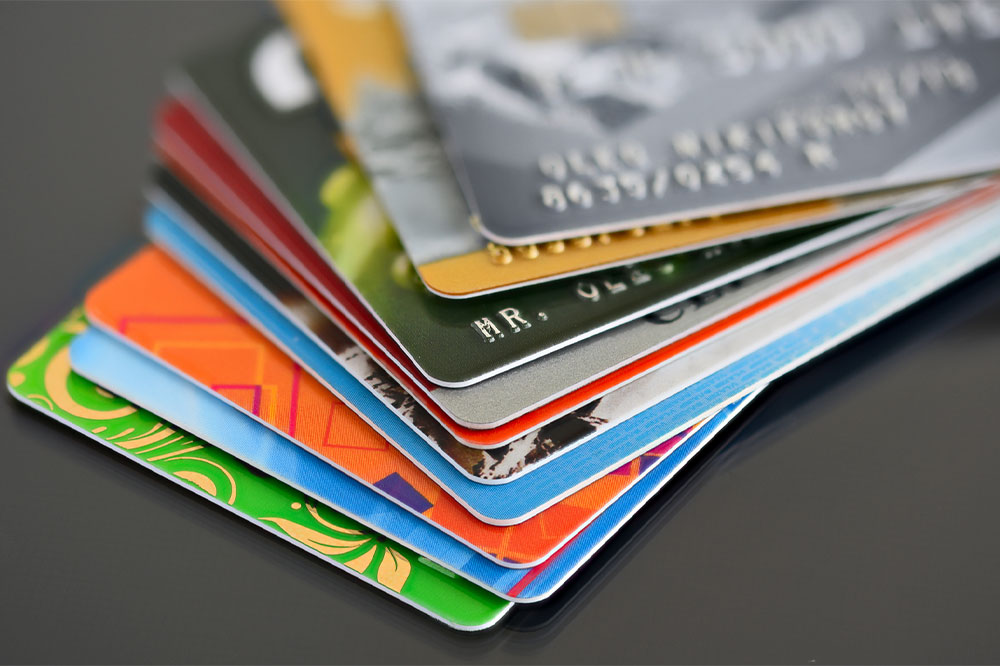Comprehensive Guide for First-Time Apartment Renters: Smart Strategies and Essential Tips
This comprehensive guide offers first-time renters essential tips on budgeting, space management, legal documentation, and practical considerations for renting an apartment. It aims to help new tenants navigate the rental process smoothly, ensuring a successful and stress-free transition into their new home. Whether you're planning your first move or looking for expert advice, this article provides valuable insights to make informed decisions and secure a comfortable living space.

Comprehensive Guide for First-Time Apartment Renters: Smart Strategies and Essential Tips
Embarking on renting your very first apartment is an exciting milestone, marking a significant step toward independence and new beginnings. However, the process can also seem daunting, especially without prior experience. Knowing what to expect and how to prepare can significantly streamline your move-in process, ensuring a smooth transition and a comfortable living environment. This detailed guide provides valuable insights into the critical aspects of apartment renting, including financial planning, space management, legal considerations, and practical tips to help first-time renters navigate the rental market confidently.
Renting an apartment involves much more than paying a monthly fee—it's about making a sound investment for your living needs. To achieve a successful rental experience, thorough preparation and understanding of the renting process are essential. From budgeting to inspecting potential units, each step plays a vital role in creating a positive rental journey.
Financial Planning for Your First Apartment
One of the most important steps when renting an apartment is establishing a comprehensive budget. While the monthly rent is the primary expense, there are numerous other costs that renters often overlook. These additional expenses can quickly add up, so it's crucial to account for them beforehand to avoid financial surprises down the line.
Beyond the base rent, you'll typically need to pay a security deposit, which acts as a safeguard against potential damages or unpaid rent. Most landlords require this deposit upfront, usually equivalent to one or two months' rent. Additionally, application fees—covering background checks, credit evaluations, and processing costs—are common and should be factored into your overall budget.
Ongoing monthly expenses extend beyond rent and deposits. Utilities such as electricity, water, sewer, gas, and internet are often separate bills that you will be responsible for. Insurance is another necessary expenditure; renters insurance protects your belongings and provides liability coverage, often costing a modest monthly premium. Maintenance costs, although often covered by the landlord, can sometimes involve minor repairs or joint responsibility for certain upkeep tasks.
Creating a detailed budget that includes all these expenses helps you determine what you can afford. It also enables better financial planning, ensuring you can comfortably meet your rent obligations while maintaining other essential payments. Consider setting aside an emergency fund to handle unexpected expenses, which is especially important for first-time renters who might not have prior experience managing these costs.
Space Management and Furniture Planning
Once you've secured your new apartment, the next step is to optimize your living space. While it’s tempting to bring every piece of furniture and personal item, focusing on essentials can enhance comfort while keeping clutter at bay. Downsizing and prioritization are key, particularly if your apartment is smaller or serves as a temporary residence.
Start by measuring your space and making a list of necessary furniture such as a bed, a table, chairs, and basic kitchen appliances. Multi-functional furniture options—like sofa beds or storage ottomans—are excellent choices to maximize what you have. Remember, overfilling a limited space not only makes the apartment feel cramped but also complicates cleaning and daily routines.
Proper space planning also involves organizing your belongings efficiently. Use smart storage solutions, such as hanging organizers, under-bed bins, and vertical shelving, to make the most of available space. Keeping clutter to a minimum contributes to a more relaxing environment and simplifies the moving process when you decide to relocate again.
Legal and Documentation Checklist
Before signing any lease agreement, understanding the legal framework and ensuring all necessary documentation are in order is vital for a secure rental experience. The lease agreement should explicitly state all terms, including rent amount, payment schedule, lease duration, maintenance responsibilities, pet policies, and clauses related to terminating the lease. Carefully read and understand every clause before signing. If anything is unclear, don’t hesitate to ask for clarification or seek legal advice.
Preparation of key documents helps establish your credibility as a reliable tenant. Typical documentation includes valid identification (driver’s license or passport), proof of income (pay stubs or employment letter), rental references from previous landlords (if applicable), and sometimes credit reports. Keeping digital and physical copies organized speeds up the application process and demonstrates your preparedness.
Addressing pet policies is another important aspect. If you have a pet or plan to bring one, verify whether the property allows animals. Obtain written approval from the landlord to prevent disputes later, and be prepared to pay pet deposits or additional fees if required.
In essence, legal preparedness ensures a smooth rental process, helps avoid conflicts, and provides security throughout your tenancy. Being well-informed and organized sets the foundation for a positive rental relationship with your landlord.
Additional Tips for a Successful Rental Experience
Besides the main considerations, there are additional practical tips that can enhance your rental journey. Visiting multiple apartments in advance allows you to compare options and find the best fit for your needs and budget. When touring, check for signs of wear and tear, ensure appliances are functioning properly, and inquire about the maintenance response time from the landlord.
Always review the lease carefully and ask questions about policies concerning repairs, renewals, and early termination. Establish clear communication channels with your landlord or property management team to address issues promptly.
Be proactive in understanding the neighborhood. Explore nearby amenities such as grocery stores, public transportation, healthcare facilities, and recreational areas. A convenient and vibrant neighborhood can significantly improve your living experience.
Maintaining good relationships with neighbors and property managers contributes to a harmonious living environment. Respect community rules, keep noise levels down, and participate in community activities if available.
Finally, prioritize safety—install smoke detectors, ensure locks are secure, and familiarize yourself with emergency exits and procedures. A secure home environment provides peace of mind and allows you to enjoy your new apartment fully.
In conclusion, renting your first apartment is an exciting milestone filled with opportunities and new responsibilities. Proper planning—covering financial budgeting, space organization, legal documentation, and neighborhood exploration—ensures a successful transition into your new home. Approach each step with care and confidence, and consider seeking advice from experienced renters or professionals to make the journey smoother. Remember, a well-thought-out rental plan lays the foundation for a comfortable, safe, and enjoyable living experience.





